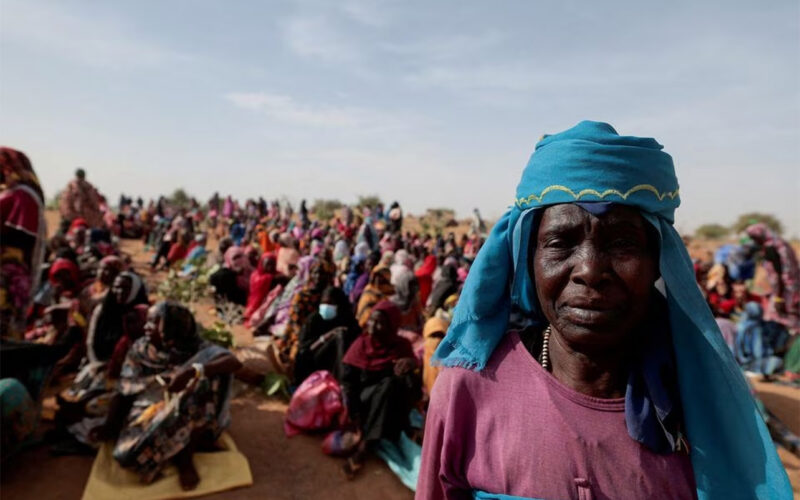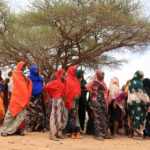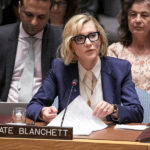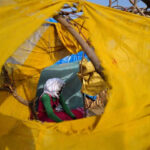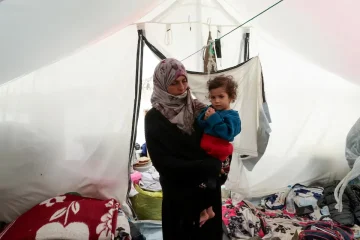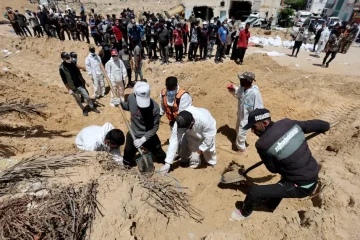[tta_listen_btn listen_text=”Audio” pause_text=”Pause” resume_text=”Resume” replay_text=”Replay”]
THE number of people forcibly displaced around the world has climbed to a record 110 million people, the head of the U.N. refugee agency (UNHCR) said, with conflicts in Ukraine and Sudan spurring millions of people to flee their homes.
The increase of around 19 million people to 108.4 million by the end of last year is the biggest annual jump on record, UNHCR said in a report released on Wednesday. That number has since risen further to 110 million, mostly due to Sudan’s eight-week-old conflict, the U.N. High Commissioner for Refugees Filippo Grandi told journalists.
“It’s quite an indictment on the state of our world to have to report that,” he said at a Geneva press conference.
“Solutions to these movements are increasingly difficult to even imagine, to even put on the table,” he said. “We are in a very polarised world, where international tensions play out all the way into humanitarian issues.”
For the two decades before the Syria conflict in 2011, the global level was roughly stable at about 40 million refugees and internally displaced people, the Forced Displacement report showed. But they have risen each year since and have now more than doubled. More than one in every 74 people is now displaced, the report said.
Grandi blamed “the usual package of causes” which he said were conflict, persecution, discrimination, violence and climate change. Of the total refugees and those needing international protection, about half of them came from just three countries: Syria, Ukraine and Afghanistan.
Grandi raised concerns about tougher rules on admitting refugees and push-backs, without naming countries.
“We see increasingly a reluctance on the part of states to fully adhere to the principles of the (1951 refugee) convention, even states that have signed it,” Grandi told Reuters on the sidelines of the briefing.
However, he was upbeat about some developments, namely a deal reached by EU ministers last week on sharing responsibility for migrants and refugees.
“There are issues of some concern. By and large, however, I think it’s a positive step,” he said. “We’re so happy that the Europeans agree on something.”
He also praised Kenya which he said is looking for new solutions for the half million refugees it hosts, including many who have fled poverty and drought in the Horn of Africa.

